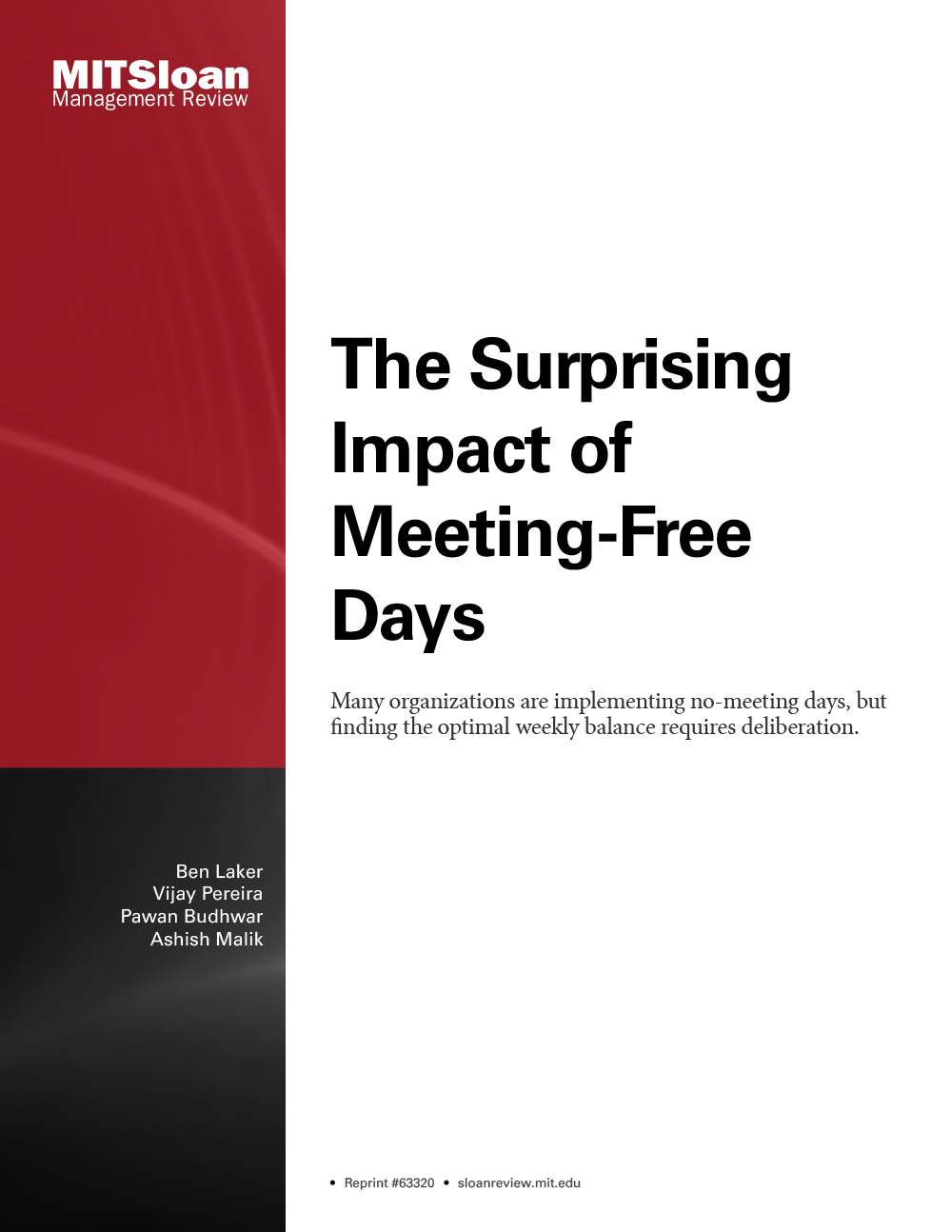
How to Create Productive Partnerships With Universities
University-business collaborations are an increasingly important source of research and development for many companies. Yet despite their importance, the authors argue that many companies take much less care managing these relationships than they do those with their vendors or customers. As a result, business-academic collaborations often fail to achieve as much as they might.
By taking a more structured approach, companies can improve the performance of their academic research partnerships, the authors say. To leverage value from universities, the authors argue that business executives need to consider two key dimensions: whether the time horizon of the collaboration is short-term or long-term, and the degree of disclosure of the results of the partnership. Openness facilitates rapid publishing, which constitutes the lifeblood of public science and has the advantage of reducing transaction costs related to intellectual property. For companies, however, protection of research results facilitates the commercialization of discoveries.
Typically, the authors suggest, there are four basic models of successful collaboration:
- The idea lab, where managers put aside their desire for secrecy and work with academics on short term projects to create new options and contacts.
- The grand challenge, where managers and academics work together on long-term projects to create a new knowledge base that will be shared in the public domain.
- The extended workbench, where managers work rapidly with university partners on proprietary problems and solutions.
- Deep exploration, where the company creates rich and long-lasting relationships with university partners that, in turn, offer the business rights of first refusal to license collaboration results.
The authors describe the most important characteristics of each model, give examples of companies that have used such a model and suggest situations where each would work best, as well as managerial best practices that can improve the odds of a successful collaboration.




